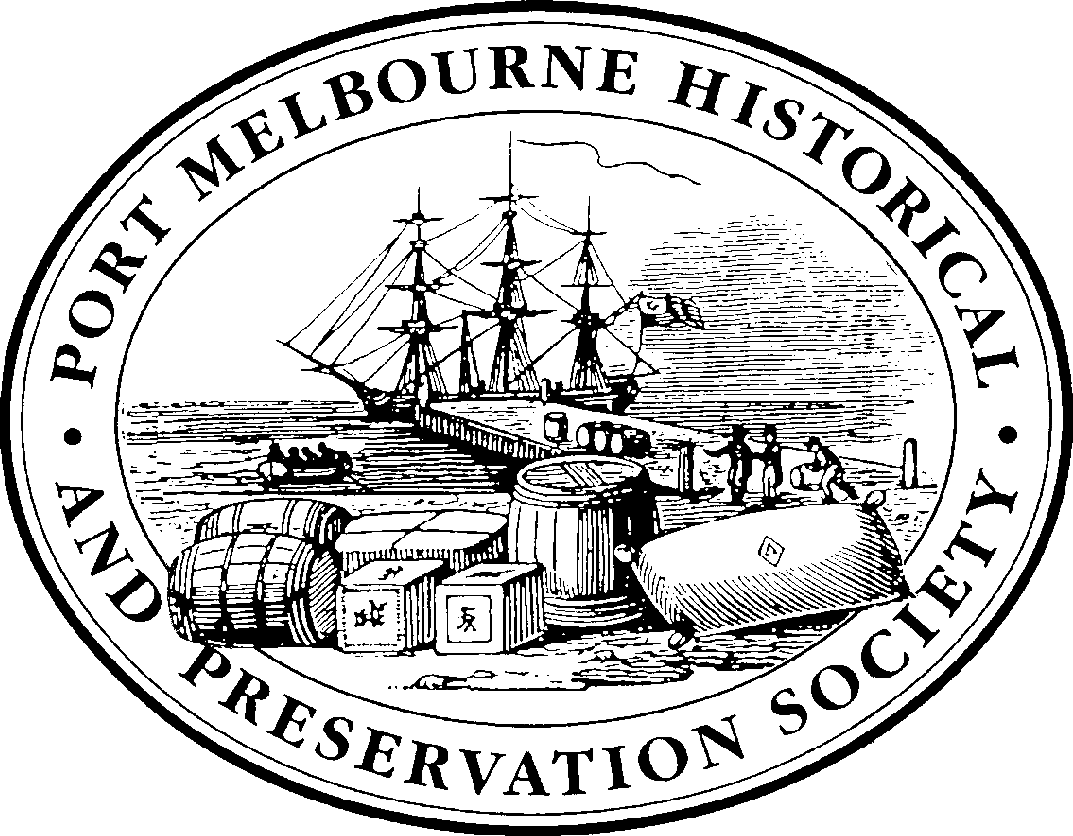Grant (Perazzo) – Brown Scandal
It is unusual for the pages of the Truth; newspaper to be referenced in a soldier’s war record but such is the case with James Alexander Grant.
James Grant, 29, enlisted on 31 January 1916 listing his wife Rosabella, known as Bella, as next of kin. Sadly, James was Killed in Action on 3 May 1917 at Bullecourt, France although Bella, back in Port, did not receive a copy of the death certificate until June 1918.

Scandal enters the story when James’ father Donald made a Statutory Declaration at Victoria Barracks on 21 December 1921 protesting against his late son’s medals being handed over to Bella on account of her immoral conduct. As evidence, he included a clip from the Truth, newspaper from 8 October 1921 headlined ‘Doings in Divorce’. Finally he asked for the medals to be handed over to him undertaking to preserve with due care any items entrusted to him.

The Truth article deals with the evidence given in the divorce proceedings of Olive Lucyette Brown,32 against George Arthur Brown, 34 on the grounds of adultery with a woman known as Bella Perazzo.
Perazzo was Bella’s maiden name. Three brothers, Joseph, George and William Perazzo had served in the war. The divorce case noted that she was now known as Bella Grant and was a war widow.
Olive had married George Brown in Footscray on 1 October 1910 and they had two children. She learned he was carrying on with another women and had him watched. On 3 March 1919, in the company of two private detectives, she had caught her husband in the act of adultery with Bella Perazzo in a paddock near the railway line at Graham and commenced divorce proceedings against him.
At the time, however, George promised to leave the army and give up the other woman so she consented to forgive him and the case was struck out. Just three months later, George went back on his word and when she confronted him he assaulted her seizing her savagely by the throat nearly choking her. George then went to Sydney promising to send money but never did.
About 12 months later, Olive went to Sydney and found George but he inadvertently called her ‘Bella’ during their conversation and he admitted he was still seeing her in Sydney. Olive got an address from him, which proved later to be false, and she could not find him on the tramways where he claimed to be working. At the time of the divorce case she still did not know his actual whereabouts.
Arthur Skinner of Dunn’s Inquiry Agency gave evidence that he had watched George Brown on several occasions. On 1 March 1919 he followed him and a young woman to Port Melbourne pier where they turned on to a paddock and sat on the grass for over an hour, apparently. Apparently the implication is that they weren’t just sitting in the paddock.
About 7.15pm he saw George enter a house in Albert Street and come out about 8pm with a young woman. They followed them to a large paddock near the railway line where in the company of another detective and Olive Brown, witnessed them misbehave themselves. The group then confronted the couple with the aid of an electric torch.
Skinner later established Bella Grant had moved to Sydney in May 1920.
Although Olive had condoned the original adultery, George’s subsequent cruelty towards her and the fact that he was believed to be living in Sydney with Bella was sufficient for Chief Justice, Sir William Irvine to grant a decree nisi with costs and give Olive custody of the children.
Bella was back living in the Perazzo family home at 43 Alfred Street, Port Melbourne when the adultery happened. George Brown sailed to the front on the SS Makarini, the same voyage that Bella’s brother, George, made. There is no evidence that the two Georges knew each other but it is possible that they did meet on the ship or indeed at the front. While George Perazzo did not return to Australia until after the events cited in the divorce case occurred, George Brown may have been introduced to Bella through a connection to her brother.
James Grant’s war record shows that his father Donald signed for the receipt of James’ Memorial Scroll on 31 March 1922 and his Victory Medal on 29 November 1922. It is unclear whether his father Donald, or his widow Bella received his 1914-15 Star Medal or his British War Medal.


References:
NAA: B2455, GRANT, J A, National Archives of Australia website, viewed 21 February 2019 https://recordsearch.naa.gov.au/SearchNRetrieve/Interface/ViewImage.aspx?B=4669987,
